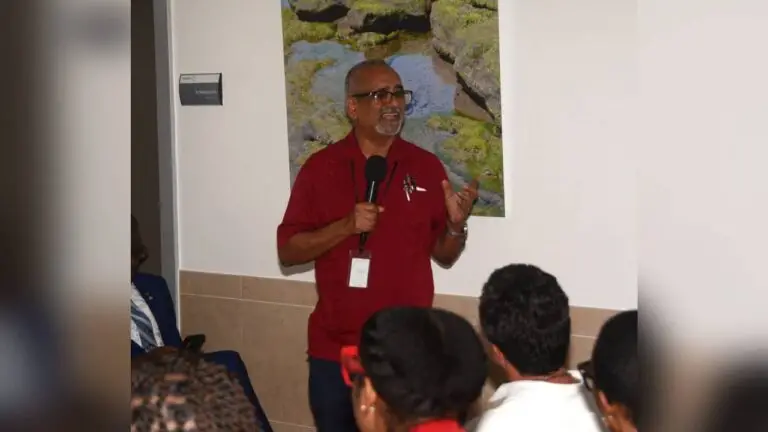MONTEGO BAY, Jamaica—Dr. Delroy Fray, Clinical Coordinator at the Western Regional Health Authority (WRHA), is urging the public not to rely on herbal remedies as a standalone treatment for breast cancer. Despite ongoing awareness efforts, late-stage breast cancer diagnoses are on the rise, a trend Dr. Fray partly attributes to the increased reliance on alternative treatments.
In an interview, Dr. Fray highlighted the dangers of forgoing conventional medicine for herbal treatments. “Many patients recognize something is wrong and seek help from herbal practitioners, believing these remedies can cure breast cancer. However, I must stress that herbal treatments alone do not work,” he warned.
Dr. Fray noted that while herbal treatments might have supportive roles, they should only be used in conjunction with proven medical therapies, such as surgery, chemotherapy, or radiation. Citing a comprehensive five-year Yale University study, he emphasized that patients who used both conventional and alternative therapies had better outcomes than those relying solely on herbal remedies or other alternative methods.
“The study revealed that patients who exclusively used alternative treatments had a death rate five times higher than those who received standard care,” Dr. Fray explained. “It’s critical for people to understand that conventional treatment should be the foundation of any breast cancer care plan.”
Beyond the issue of alternative treatments, Dr. Fray also addressed widespread misconceptions that contribute to delayed screenings and treatment. One common myth is that mammograms, which involve compressing the breast, can trigger cancer. “There is no scientific evidence supporting this claim,” he said. He added that mammograms remain one of the most effective tools for early detection, capable of identifying tiny abnormalities that can be treated before the disease progresses.
Dr. Fray also countered the fear that radiation therapy exacerbates cancer. “The amount of radiation used in treatments like mammograms is minimal compared to the benefits of early detection,” he stated, underscoring that early intervention can make a crucial difference in patient outcomes.
Another significant barrier to timely treatment is the fear of mastectomy, with many women delaying care due to concerns about losing a breast. Dr. Fray offered reassurance: “With modern techniques, women can have breast reconstruction immediately after a mastectomy, using either their own tissue or implants. There’s no need to suffer the psychological effects of breast loss.”
In conclusion, Dr. Fray emphasized that the Cornwall Regional Hospital (CRH) offers world-class care for breast cancer patients, comparable to facilities in more developed countries. He encouraged women to prioritize early detection and to avoid delaying treatment out of fear or misinformation.
“Breast cancer is treatable, but only if we catch it early and use the right therapies. Relying solely on herbal remedies is dangerous, and I urge all women to take advantage of the medical options available,” he said.
As breast cancer awareness continues to grow, Dr. Fray’s message remains clear: modern medicine, early detection, and comprehensive care are the best paths to survival.






